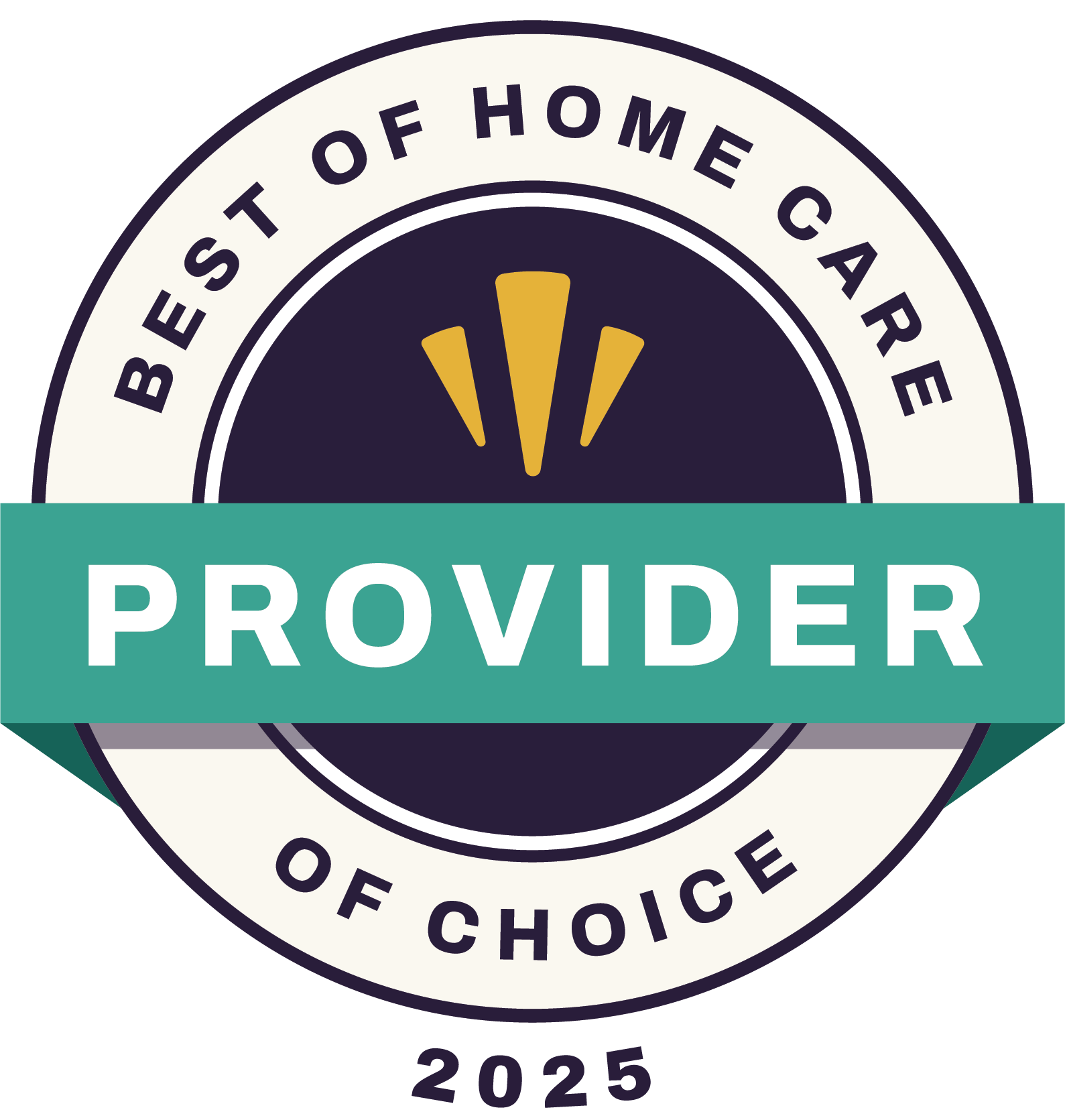Caregiving During a Pandemic: 4 Ways to Reduce Your Stress
Providing care for seniors is already stressful, and a new study warns that the COVID-19 pandemic is only making that stress worse. As a home health aide, it's more important than ever to practice self-care and reduce your stress and anxiety, so that you can better protect your mental health while also protecting your clients from a virus that disproportionately affects seniors. Read on for a few essential tips to help you stay centered while caregiving during a pandemic.
4 Ways to Avoid Caretaker Stress During COVID-19
Practicing self-care isn't an act of selfishness. In fact, taking time to show yourself some self-love might be one of the best things you can do for the seniors in your life. Research shows that chronic stress reduces your immunity, leaving you (and therefore your patients) more vulnerable to the coronavirus.
If you're feeling burnt out, anxious, or worried during these intense times of social upheaval, psychologists and mental health experts have identified four ways to alleviate caretaker stress.
1. Maintain a Routine
From community lockdowns to social distancing rules, many professional caregivers are experiencing situations (both in their professional career and home life) that they’ve never had to navigate before. Researchers say that this constant change and lack of routine triggers a lot of anxiety.
Find ways to maintain some semblance of a regular routine or schedule despite the ongoing pandemic. Something as simple as eating meals at the same time provides helpful cues to your brain and keeps your days from blending into one big blur.
2. Go on a Media Diet
There's a clear connection between media consumption and pandemic stress. While you can't control what's going on out there, you can control what's going on in your living rooms, on your televisions, and on your social media feeds.
Do you really need constant reminders of the economic downturn, or the changing rates of infection in your community, or the alert about the outbreak in a distant care facility? Does this information equip you to be a better caregiver or a happier and healthier individual? It likely does not.
Consider reducing, or eliminating, your intake of negative news until you feel more balanced and less anxious. This will help make caregiving during a pandemic easier on you mentally.
Of course, this doesn't mean ignoring important updates about the pandemic that may affect your work as a professional caregiver. Yes, pay attention to updates from your leaders, from the families of those you care for, and from your local community governments. However, remind yourself that a constant stream of news that's unrelated to your caregiving work may not be helpful for your mental health.
3. Focus on What You Can Control
Some of the biggest worries for caregivers in this pandemic time involve things completely outside of their control. What if your loved one is exposed to the virus? What if you can't pay the medical bills because your partner's work hours have been cut? What if, what if, what if.
Remember, the what-if scenarios you're mulling about don't exist. The future is not real. All that matters right now is today. Unfortunately, your brain often interprets potential threats as real, present dangers, which highlights the importance of maintaining a positive mindset.
These negative thoughts don't serve you; they only create ramped-up anxiety.
Instead, focus on the things you can control. At this moment, or in the upcoming situation that's worrying you, what steps can you take to reduce your health risks or make the most of the situation?
For example, perhaps you're worried about going grocery shopping for a senior in your care. What can you do to mitigate those worries (e.g. wearing a mask, washing your hands, using hand sanitizer, etc.)?
By focusing on what you can control and taking concrete action, you take back some of the power that the pandemic uncertainty has robbed you of.
4. Get Support
Caregiving is already incredibly busy and hectic, and the pandemic has likely made it worse for you. Seek support where you can, and actively speak up for your needs. While you might not be able to hug a dear friend or hang out with a neighbor, each of us can still find ways to stay connected.
-
Join a virtual support group
-
Set a goal of contacting one friend a day, even if it's through a simple text message or a quick video phone call
-
Ask for and accept help. Share a list of things you need help with and let your friends or family check items off the list as they can
-
Talk to your boss about your stress, and see if there are ways to get support from your colleagues
As a home health aide, taking care of yourself helps you care for others better. Do something today that helps you relax, stay balanced, and overcome caretaker stress. It's good for you, it's good for those you help, and it's good for your long-term health.
Written by: Leah Ganz
Leah Ganz, RN, BSN is the Director of Patient Services at Elite Home Health Care. She has an extensive background in homecare and previously worked in various specialties including pediatrics, pain management and internal medicine. She oversees all patient services across Elite's departments.



